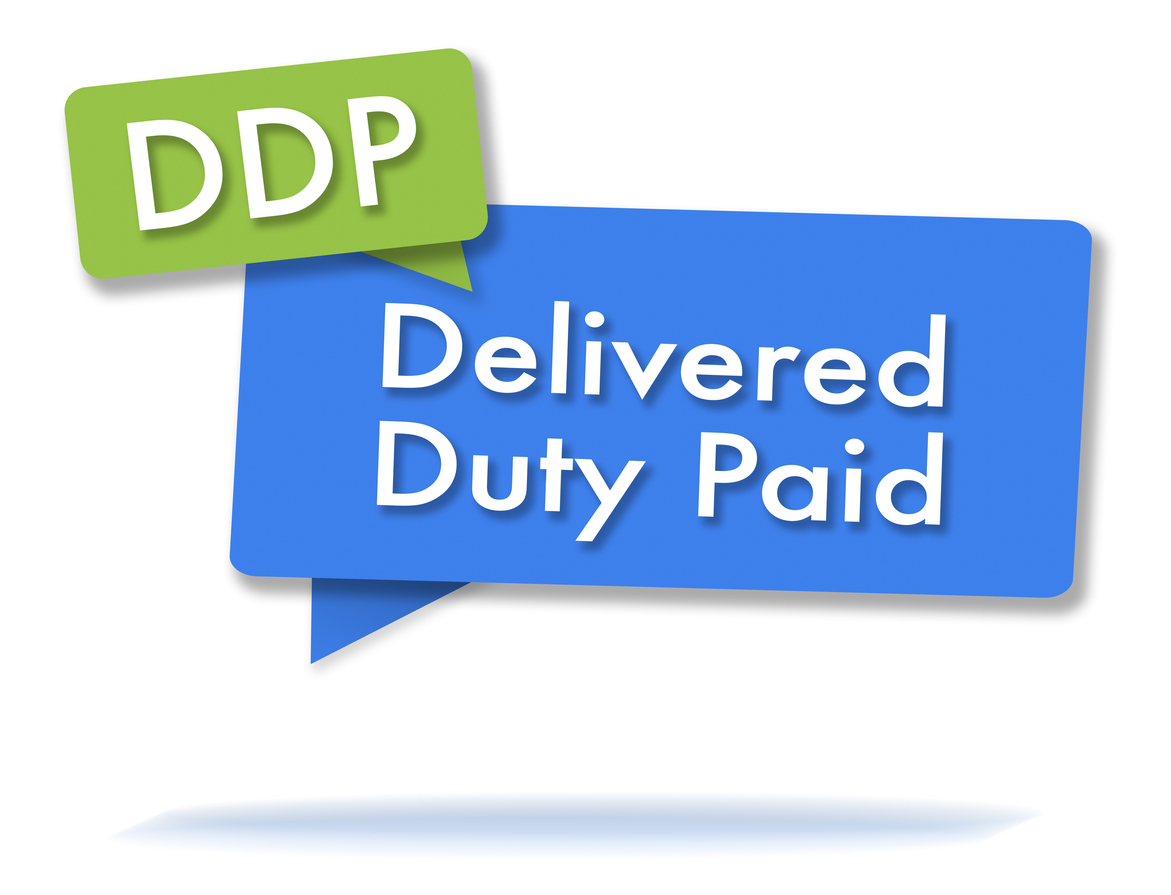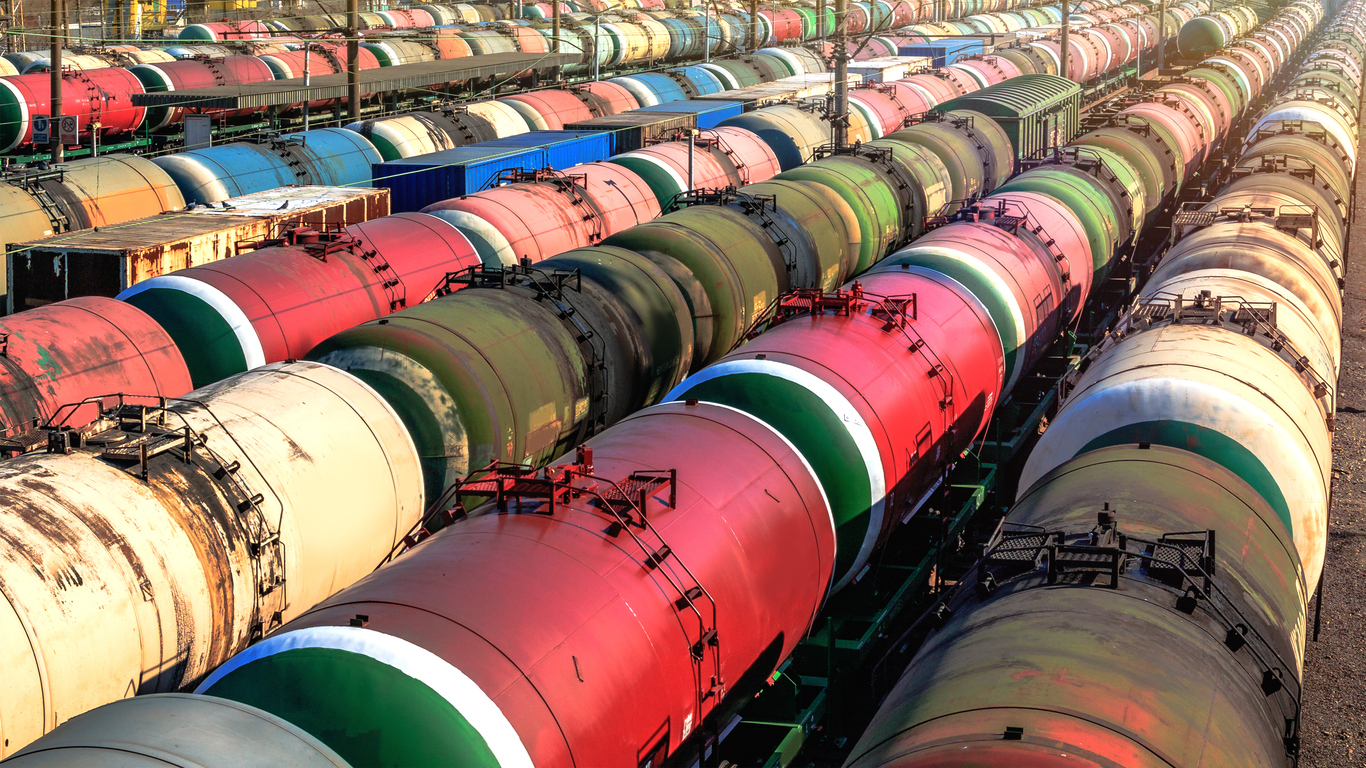Exploring the Potential of Gold Mining in Nigeria: A Comprehensive Guide
Exploring the Potential of Gold Mining in Nigeria: A Comprehensive Guide
Nigeria is a country known for its vast natural resources, and gold is one of them. Gold mining is a lucrative industry in Nigeria, and has the potential to be a major source of revenue for the country. This comprehensive guide will explore the potential of gold mining in Nigeria, from existing gold mines to the legal and regulatory framework that govern the industry. It will provide an overview of the history of gold mining in the country and its current status, as well as the challenges and opportunities for investors. In addition, the guide will discuss the environmental impact of gold mining, the benefits of gold mining for the Nigerian economy, and the necessary steps needed to move the industry forward. With this guide, investors can gain a better understanding of the gold mining industry in Nigeria and make informed decisions with their investments.
History of Gold Mining in Nigeria
Gold mining in Nigeria dates back to the reign of the ancient African empires such as Benin, Ife, and Warri. Even though the country did not produce commercially viable amounts of gold, it had large gold deposits. Nigeria’s modern mining industry started in the 1950s, when large amounts of iron ore, bauxite and tin were discovered in the country. However, the discovery of large amounts of gold in the northern part of the country in the 1960s led to a surge in production and triggered the interest of international mining companies. Since then, the Nigerian gold mining industry has seen highs and lows. During the 1970s, Nigeria became the world’s largest producer of gold, with total production reaching as high as 1,800 tonnes per year. After a decline in production in the 1980s and 1990s, there was a revival in the 2000s. The industry has continued to grow and is on track to produce between 500 and 600 tonnes of gold in 2019.
Overview of the Gold Mining Industry in Nigeria
There are two types of gold mining in Nigeria – artisanal and industrial. Artisanal mining is done by individuals and small groups, often with rudimentary equipment and rudimentary methods. The industry employs approximately 100,000 people and is concentrated in the northern part of the country. Industrial mining, on the other hand, is done by large, complex operations with the latest technology and engineering practices. The industry employs approximately 20,000 people and is concentrated in the southern part of the country. The Nigerian government plans to expand gold mining in the country by increasing the land area being explored for gold mining and investing in technology that makes mining easier and cheaper.
Challenges Facing Gold Mining in Nigeria
Investors and mining companies are facing a number of challenges in the Nigerian gold mining industry. These include a lack of government funding for exploration, a scarcity of skilled labour, limited infrastructure, and a high level of corruption. Investors are also facing issues with acquiring land for gold mining in Nigeria, as land ownership is complex. In addition, most of the gold mining in the country is artisanal, which poses a challenge to investors who are interested in industrial mining. Sema Gold, a leading gold mining company in Nigeria, believes that there are two major challenges that must be addressed to move the industry forward. First, it is important to improve the image of the industry, which is currently not very positive. Second, it is important to work on the regulatory framework, which is currently outdated.
Opportunities for Gold Mining in Nigeria
Gold mining has the potential to become a major source of revenue for Nigeria, and there are a number of opportunities to increase gold production in the country. First, there is potential to increase the gold content in ore, which would make extraction more profitable. Second, there is great potential for exploration for new deposits, including those that have not been explored before. Third, investing in technology would make extraction easier and cheaper, allowing for greater profit. Fourth, investing in social programmes to improve the image of the industry would help to make it more attractive to investors. Finally, there is potential to increase the use of gold in the Nigerian economy, as the country imports almost all of its gold requirements.








LEAVE A COMMENT
You must be logged in to post a comment.